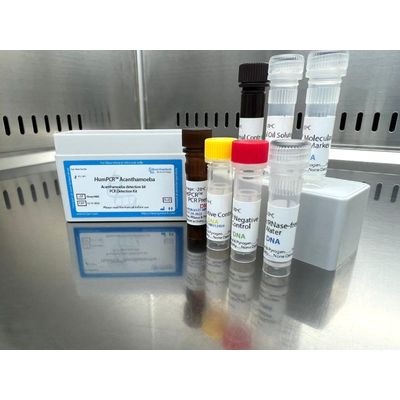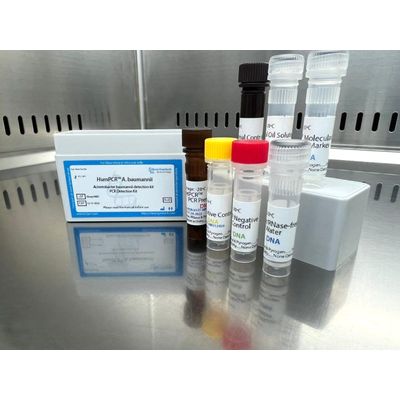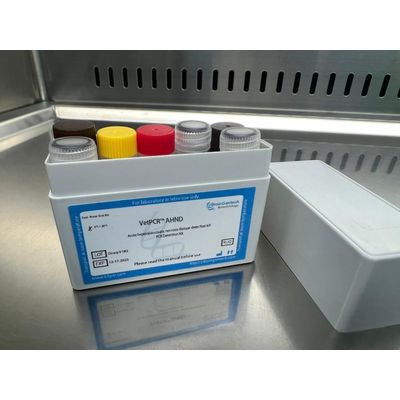

- Home
- Companies
- Bioingentech
- Products
Bioingentech products
Human Pathogen Detection
Acanthamoeba Detection Kits
Acanthamoeba is one of the most frequent protozoa found in nature. The life cycle of Acanthamoeba species involves two stages: an active form or trophozoite and a latent form known as a cyst. The amoebas of the Acanthamoeba genus have the ability to live as microorganisms of free life in nature and occasionally invade a host and live as parasites within it. The most common types of infections caused by Acanthamoeba spp. they include EAG, disseminated infections (cutaneous and nasopharyngeal) and keratitis.
Acinetobacter Baumannii Detection Kits
Acinetobacter baumannii is a gram-negative, aerobic, non-fermenting, and immobile cocobacillus, which has passed in recent years of being considered a microorganism of little clinical relevance, to become an increasingly frequent pathogen in hospitalized patients due to its resistance to Most antibiotics These microorganisms are more often associated with nosocomial infections than community infections. Acinetobacter baumannii can cause a multitude of infections including pneumonia, bacteraemia, meningitis, urinary tract infections, peritonitis and skin and soft tissue infections.
Veterinary Pathogen Detection
Acute Hepatopancreatic Necrosis Disease Detection Kits
AHPND has a bacterial aetiology. It is caused by specific virulent strains of Vibrio parahaemolyticus. Acute hepatopancreatic necrosis disease (AHPND) is a serious disease that has caused severe damage and significant financial losses to the global shrimp industry. Toxic AHPND-causing V. parahaemolyticus strains acquired a 63- to 70-kb plasmid encoding the binary toxins PirAvp/PirBvp, which are homologous to the Photorhabdus luminescens insect-related (Pir) toxins PirA/PirB. PirAvp/PirBvp are secreted toxins that were determined to be the primary virulence factors causing AHPND.



